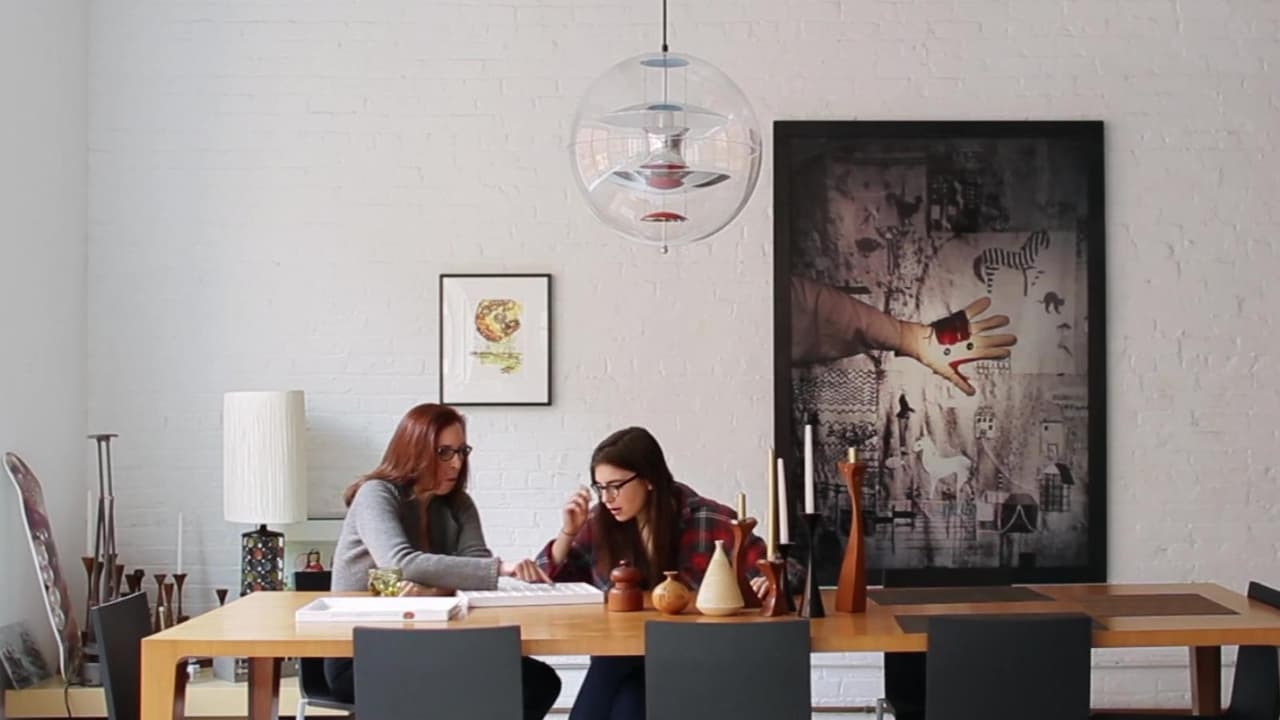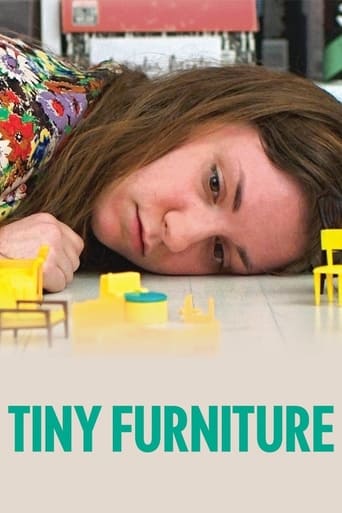

Dreadfully Boring
... View MoreClever, believable, and super fun to watch. It totally has replay value.
... View MoreThe film was still a fun one that will make you laugh and have you leaving the theater feeling like you just stole something valuable and got away with it.
... View MoreThis is one of the best movies I’ve seen in a very long time. You have to go and see this on the big screen.
... View MoreI really hate this movie. I get that Aura was meant to be portrayed as a whiny snob but it ruined the entire film for me. I harbored high hopes starting this movie but was rewarded with tantrums, pipe sex, and tantrums again. A spoiled, artsy girl with no direction feels as if she's been forced into adulthood and now must juggle finding a job and fighting for her mother's attention.I believe there happens to be only one great thing about this movie which is her mother's apartment. Of the parts I could handle of the film, I was left wondering how the mother ever managed to remember what went in which beautifully white cabinet.
... View MoreThis is the worst movie I've ever seen, and I typically enjoy movies of this nature (slower, deliberate about emotional development). I'll break it down:Dialogue - This bothered me most and was the most distracting. It was completely stilted and lacked any flow.Characters - Totally unsympathetic people. Generally underdeveloped.Plot - Post college malaise is ripe with potential for a story, yet it feels as if it is only used as a plot device to introduce the pathetic characters and their terrible dialogue.Nothing in the movie is particular funny, but it is a bit pretentious, making this movie completely unwatchable. On a side note, I have never seen Girls, but after this drivel, I hope I never do.
... View Moreyou have to watch this film through the eyes of a woman... it is the plight of an average looking woman in a world full of attractive people... she is constantly overlooked, used, and abused because both men and women do not find worth in her because of her average looks... in addition, she is attracted to attractive people both men and woman because of their attractiveness... this basic concept, i believe is overlooked in most of my observations in the reviews that have been posted about this film... the film is beautifully filmed with great set design... the dialogue is realistic... the set design is believable... it is painful to watch because it teaches us what our modern society values in men and women...
... View MoreThis quiet, unassuming movie about a recent college graduate who moves back in with her mom and sister while trying to figure out what to do with her life got under my skin and stayed there.Director Lena Dunham, who also stars in the film as Aura, has a knack for putting together individual scenes that play as if nothing of much significance is happening in them, but that when put together as a whole reveal an awful lot about the lives of her characters. Much of the film follows Aura as she aimlessly hangs out with friends, meets guys, gets a job. She's awkward and maybe an easy target, but she's also sweet and harmless and easy enough to root for. She gets on her mom's nerves and vice versa, fights with her sister, and overstays her welcome in her mom's house. We've seen it all before, right? Not really. "Tiny Furniture" may be about subject matter we've seen done a hundred times, but it felt like a totally unique take on it. In fact, it's not until the film's final moments, and when you're thinking about it afterwards, that you realize the movie isn't really that much about Aura's ennui and lack of direction; it's about her relationship with her mom, a fact that's easy to overlook by the small amount of screen time the mom has. By the end of the movie, Aura's increasingly destructive and increasingly disturbing behavior seems less like a lonely girl's attempts to fill the boring hours of her day, and instead like the ever-more-desperate attempt of a child trying to force an absentee parent into taking notice of her.This is a really wonderful movie with tiny nuances in the direction and acting that set it apart from other indie films like it.Grade: A
... View More